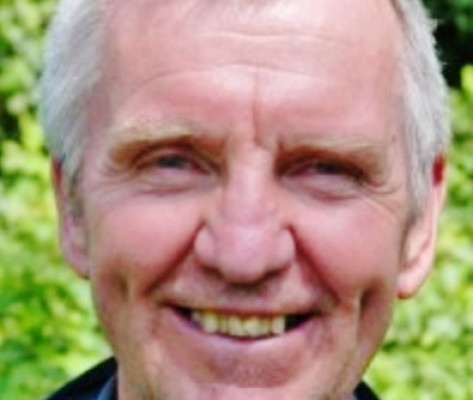Is ‘unelected bodies deciding Oxfordshire’s future’ undemocratic?
On 09/12/2019 At 8:13 pm
Category : Missed a ThameNews story?, More News, Thame news
Responses : No Comments

UNELECTED bodies have become increasingly influential in proposals for future development in Oxfordshire, according to a group professionals concerned about the current direction in land use, planning and transport policy in Oxfordshire.
The group, known as POETS (Planning Oxfordshire’s Environment and Transport Sustainably) have stated that they are concerned about the promotion of current plans for unprecedented levels of growth ‘which take little account of the climate emergency or the needs of the environment’. At the same time little attention is paid to meeting local needs, they say.
These are some of the key findings of a new report by POETS. They highlight the role being played by The National Infrastructure Commission, which is promoting major growth in the Oxford to Cambridge “arc”, including doubling Oxfordshire’s population by 2050′; Highways England, a government company promoting a motorway standard ‘expressway’ across this area; England’s Economic Heartland, a made-up area which overlaps with the arc, and again is promoting major development; The Oxfordshire Local Economic Partnership (LEP), which contains some local authority appointed members although they are outnumbered by other interests.
Amongst other things the latter has produced a ‘Local Industrial Strategy’ which has to be taken into account by local planning authorities in preparing their local plans. The POETS report also mentions The Oxfordshire Growth Board. While this involves the leaders of the county and five district councils, they are not directly elected, and the board also contains representatives of other interests. Homes England, the government’s self-styled ‘housing accelerator’ is advocating major housing growth, notably on land it owns at Chalgrove, in a location POETS believes is badly served by public transport and ‘poorly located for travel by bike or on foot’.
The POETS conclude: “It is difficult if not impossible for ordinary members of the public to influence, or in some cases even gain access to these bodies. Highways England for instance has notoriously persuaded some local authorities to sign agreements forbidding them to disclose information about its planning for the expressway. England’s Economic Heartland has restricted information on its transport planning to selected partners who happen to be major construction and engineering firms.
The POETS report points out that the increasing influence of such bodies carries risks both for the future of Oxfordshire and for local democracy itself. Chris Cousins, one of the report’s authors, said: “We are concerned that ordinary people feel increasingly disenfranchised from the planning process. Anyone who is concerned about climate change, for example, will find little to reassure them that these unelected bodies are proposing substantive action to address it.
“Despite professing support for local decision-making, central government has reduced both the power and the resources available to directly elected local authorities. The creeping growth of unelected organisations is unhealthy for our democracy. We need government at all levels to give priority to tackling the climate emergency. This should involve empowering directly elected local authorities, and enabling us as citizens both to contribute and to hold our elected representatives to account.”
The full POETS report can be read here: https://www.poetsplanningoxon.uk/poets_democratic_deficit_report_081219.pdf

